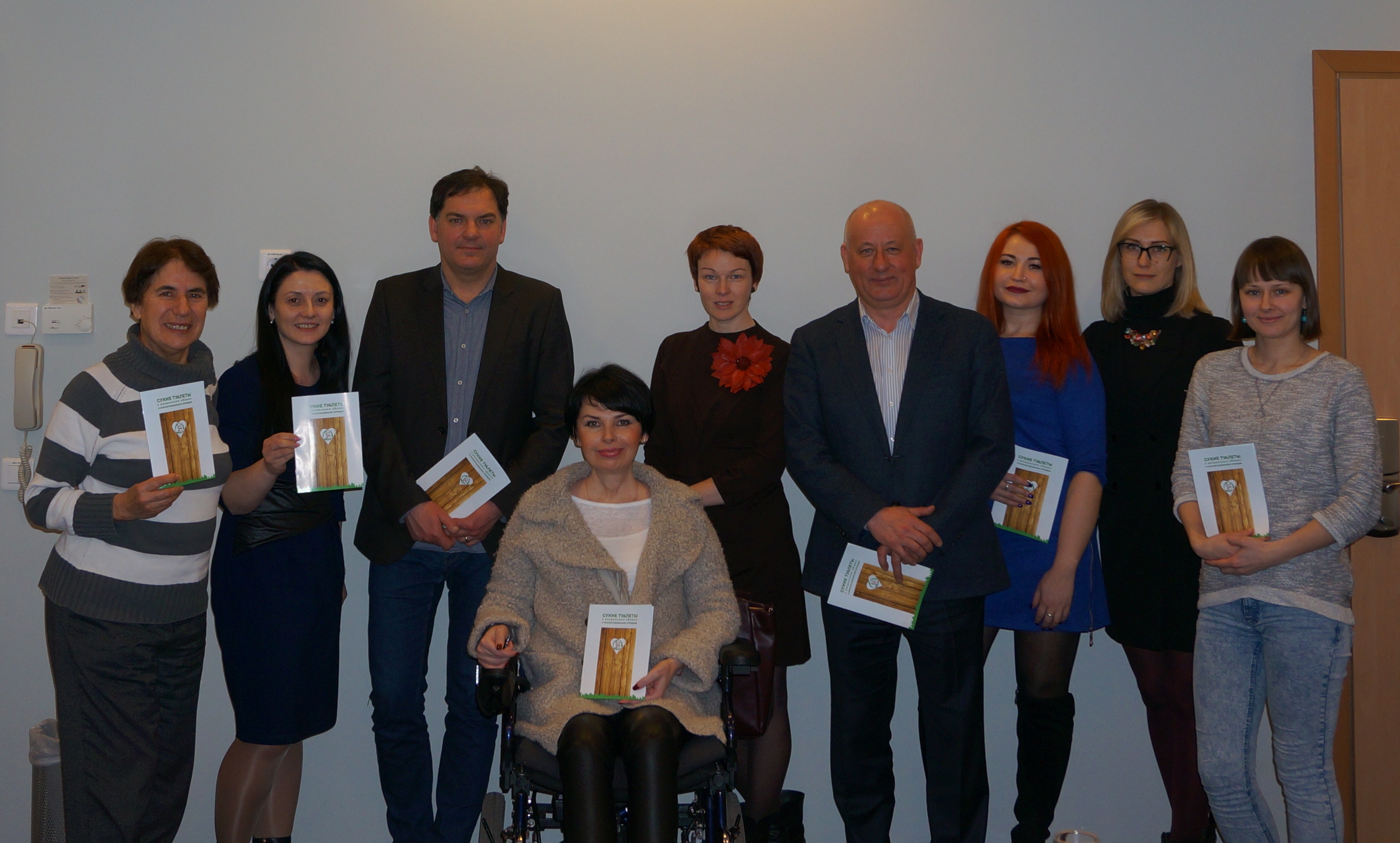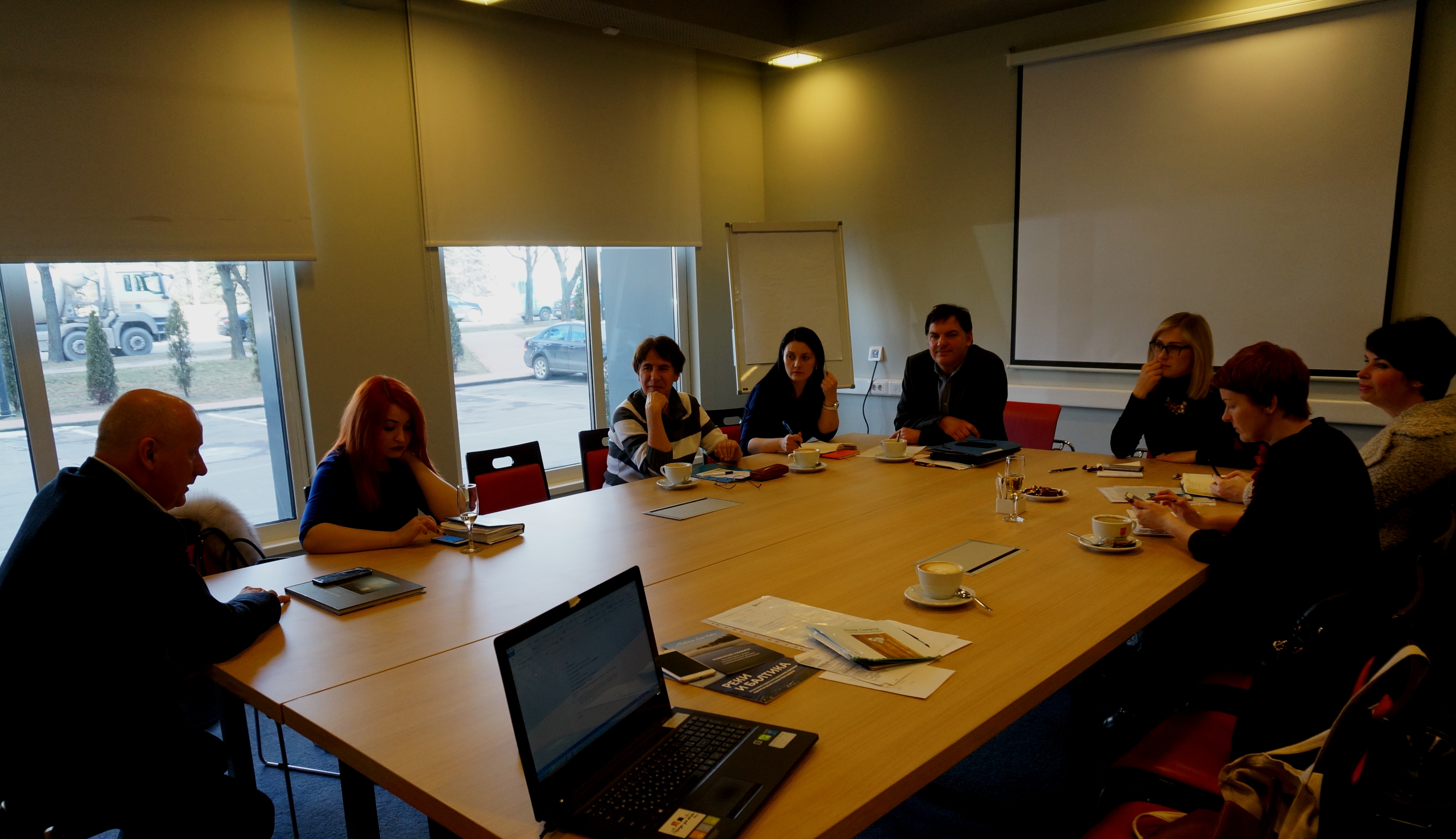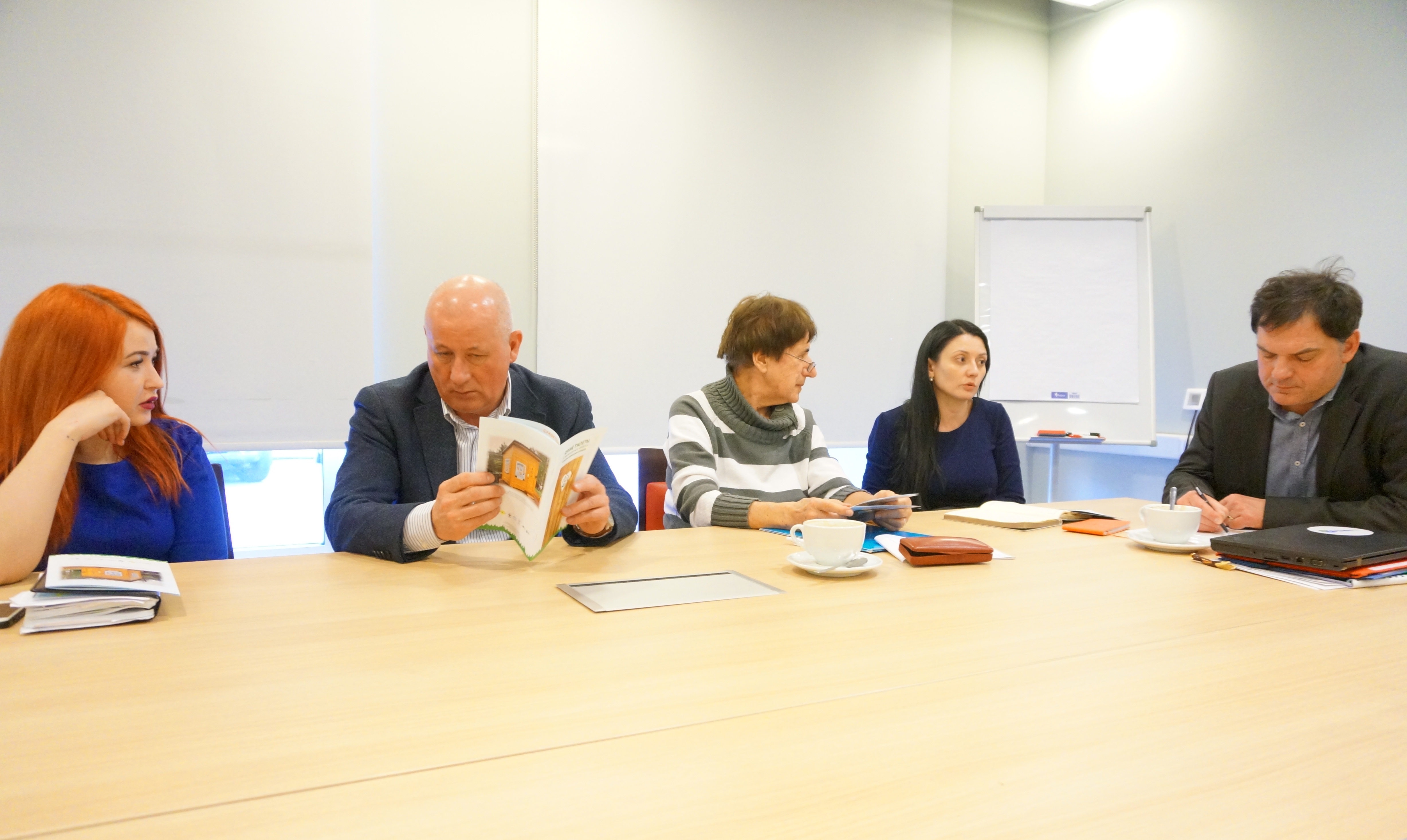Installation and operation of dry toilets in public places - the experience of St. Petersburg and Kaliningrad
Fri, 04/06/2018 - 16:49
On March 21, in Kaliningrad, on the eve of the Baltic Sea International Day, a round table "Experience in dry toilets installation and operation on various territories" was held. The organizers and participants were Ecocentrum Ltd, GAU KO Ecological Center EKAT-Kaliningrad, GBU KO Nature Park “Vishtynetsky”, Baltic Sea Conservation Foundation, Center for the Development of Social and Educational Projects “Aura” NGO, FGBU National Park “The Curonian Spit”.
Representatives of organizations that already have installed dry toilets for public use and environmental education within their projects, shared experiences, features and the first results of installation and operation of dry toilets. Among the participants of the meeting were representatives of organizations that are only going to adopt such experience.
The director of the Vishtynetsky Nature Park spoke about the results of a joint project with the GAO KO Ecological Center EKAT-Kaliningrad. The project include the installation of dry toilets in the natural park. Today there are 2 dry toilets - one in front of the entrance to the park territory, the other is on the remote route. Types of toilets - composting (for more details on types of dry toilets, see here).
Toilets have been exploited since July 2017. Organizers noted that with a large flow of people it is difficult to maintain the toilet facilities. The first toilet, located at the entrance of the park, quickly fills up. According to recommendations of the park direction, in places of mass flow of people it is necessary to install more than 1 dry toilet, or to install usual toilets, that will be pumped out by a special machine and will no longer serve for the formation of fertilizer. It is also important to think over the place for installation of the composting dry toilet – there should be access for excavating of compost. At the same time, due to frequent use, there was a rapid accumulation of a solid fraction. And within three months of use a good compost was visually obtained, which is used to fertilize shrubs.
Ecocentrum Ltd also shared the experience of the project "Small-scale solutions to reduce nutrient load into the Baltic Sea". In the framework of the project, since September 2017, the first demonstration dry toilet have been exploited in Fauna gardening community in the Lomonosov District of the Leningrad region. Type of dry toilet - separation (for more details on types of dry toilets, see here). Dry toilet in the Fauna is part of the demonstration complex, which also includes a street composter and flower bed.
The toilet is situated near the gardening board house and available for all comers on the days and hours of the board work. Contrary to the expectations, for three months of operation (before the onset of frosts) the attendance of the toilet was not very active. Organizers of the site in the Fauna encountered some difficulties, among them: some gardeners initially perceived this complex as an advertisement, rather than an object of ecological education, others simply feel embarrassed to visit the toilet, although it is more comfortable than a toilet with a cesspool. Some people express an indifferent attitude to the problem of toilet wastewater treatment. So, the field for environmental education is quite wide. The Ecocentrum plans include the installation of new demonstration sites, the organization of educational seminars on the subject of reducing of the nutrient load into the nature water objects through the installation of dry toilets in particular.
The next similar project will be implemented on the territory of the national park "Curonian Spit" jointly with the direction of the park and Center for Development of Social and Educational Projects" Aura" NGO. An ecotrail and 2 dry toilets, accessible to people with disabilities, will be built within the project.
Thus, the meeting participants shared the features and first results of the operation of dry toilets in public places - on the territory of gardening and the natural park. Despite of the difficulties of dry toilets exploitation in public places, the round table participants recommend the installation of dry toilets in private households on the territories of rural settlements and gardening communities, as an alternative to cesspools for protection of soil and natural water from pollution.


